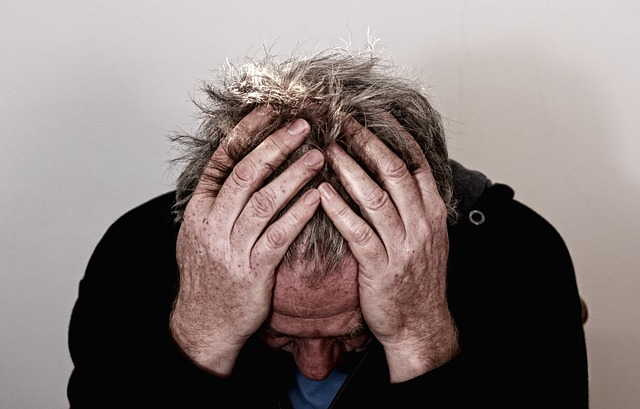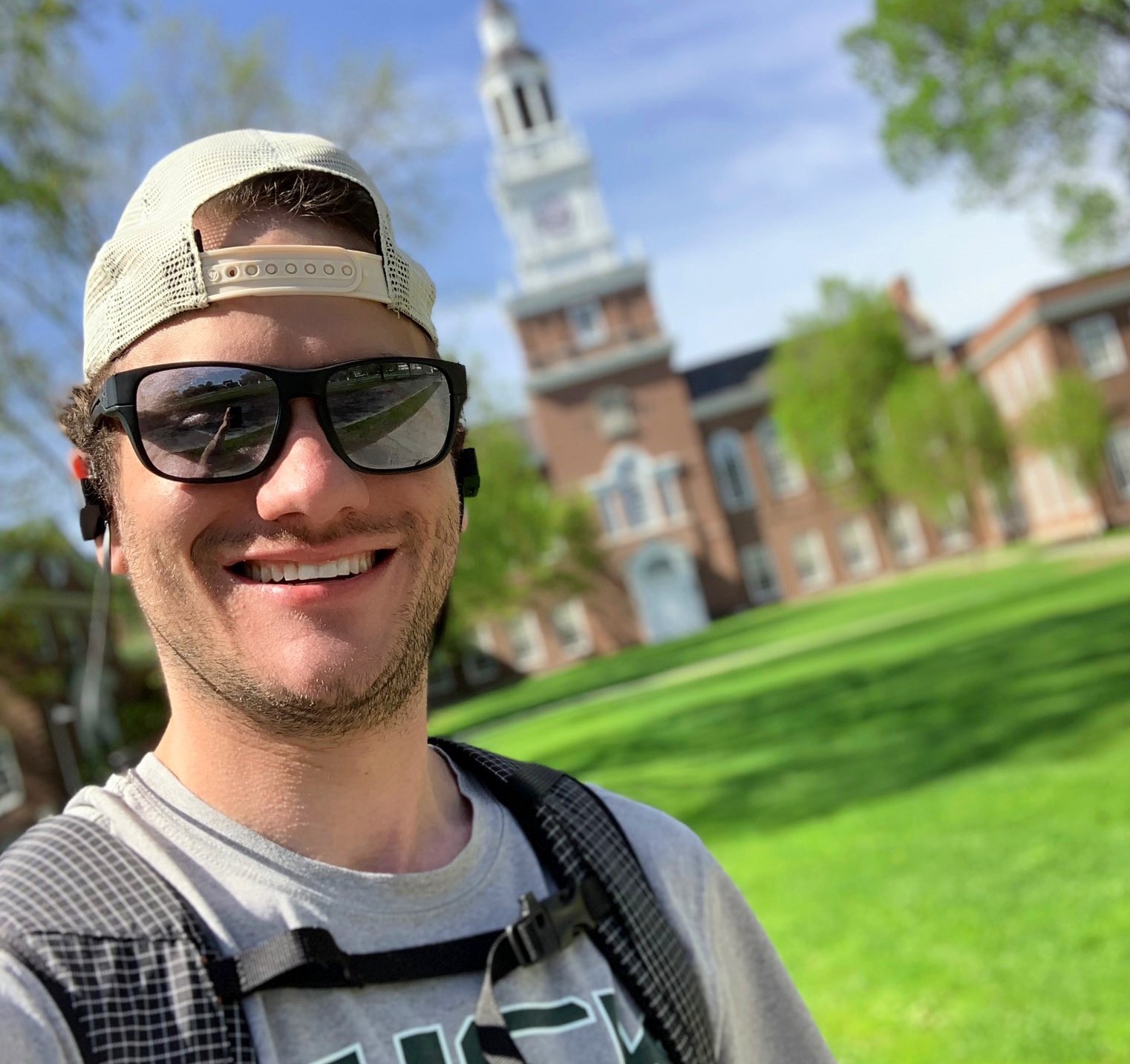How many times have you been asked to contribute to the greater good of your condition in the name of awareness? Awareness is a nice thing, but what does it achieve and are you selling yourself short? My answer is yes, you are selling yourself short, and awareness is another way of saying, “recognition.” You are getting recognition for living with some condition or ailment. In my opinion, recognition doesn’t equate to tangible compensation. Yet, we always hear that living with, and coping with, cystic fibrosis (in our case) is like having full time job in and of itself. So why not make it a valuable job?
But…maybe recognition is all you want. Sure, that’s fine, but I want you to hear me out.
The root of this dilemma is a culture in which we think patients should be contributing to the greater good out of the kindness of our hearts.
Would you ever say that about the mailman? Should the mailman deliver letters to your front door out of the kindness of his heart? No. He does because he gets paid, has nice benefits, and he gets to interact with many of the same people each day on his predetermined route regardless of whether it’s raining, snowing or hot, hazy and humid.
Maybe we’re put into this unique position because non-profits are leading the charge with any number of medical causes?
I’m not bashing volunteerism since volunteers are quite literally responsible for keeping the wheels in motion in our industry. I’m talking about your contribution to the cause as a patient expert.
Unfortunately, multisystem disorders, like CF, often leave folks with the inability to master different skills, maintain long-term careers, or contribute to society in different ways. It is, however, guaranteed that we all master living with and coping with our conditions – the full time job below the surface. I want you to start thinking about your will to survive as a skill you can leverage.
Think of it this way (in this laughably enormous hyperbole). If Tiger Woods can leverage his golf game, why can’t we leverage our survival? We’ve all spent thousands and thousands and thousands of hours mastering our craft, and remember, Malcolm Gladwell tells us it takes 10,000 hours to master something in his bestseller Outliers. While Tiger Woods is the best at what he does in his industry, all of us have an enormous impact on our industry.
Hell we hit that 10,000 hours very quickly. We hit it in a number of different ways, and so do our parents.
Our parents master caregiving as we grow up. Have you ever wondered why the parents who seem to ask the most questions on CF community boards or at community gatherings are the ones with young children, or the ones who are about to send their kids off to college?
Let’s look at each group individually.
The parents, who have little ones with CF, haven’t quite mastered caregiving yet. They’re still trying to figure out the routine, how to navigate insurance nightmares, long clinic visits and anything else CF throws at them. The same can be said about parents who are about to send their kids off to college. Everything they’ve learned about caregiving is about to change. When their kid with CF goes off to college, they need to learn how to master supporting from afar.
The same is true of the people living with CF. We have to learn (get that 10,000 hours of experience) how to live with CF throughout different stages of our lives. I’ll use myself as an example. I had to learn how to do it as a little kid growing up, as high school student who was pulled in a million different directions, as a college kid, as a young professional, and I’m about to start all over again as a grad student living in the middle of nowhere, New Hampshire.
All of these experiences collectively hold value. Why? Well if you haven’t noticed, everyone, regardless of their affiliation with our community, seems to know what’s best for us, how to help us, and, most importantly, what to sell to us.
You, me and everyone with CF, is wrapped up in one giant industry – healthcare. There are a lot of competing parties playing the game – we have care providers and hospitals, drug makers and biopharmaceutical companies, payers and governments, advocacy groups and non-profits, and anything else you can think of. Together, they are all competing for our involvement or business. Why then, are we not seeing our existence as something that holds value? Everyone wants a piece of our lives. In any other industry, if we had so many competing entities for our business, livelihood or experience, we’d be getting something in return – something far greater than mere recognition. It’s our turn to be capitalists.
We do hold some of the blame. Yes we do, because more often than not, patients are willing to help out of the kindness of our hearts all in return for that recognition. We post pictures of ourselves at fundraisers and advocacy events so we can collect likes and comments. We get to play the role of the inspiring sick kid who is overcoming the invisible hurdle that is terminal illness, all so some friend that hasn’t spoken to us in 10 years can comment, “wow that’s amazing, you’re doing great things!”
What if, instead of pursing likes from your hospital bed, the steps of the Capitol Building or a pharmaceutical sales meeting, you’re actually getting paid to share your experience? That would be something.





